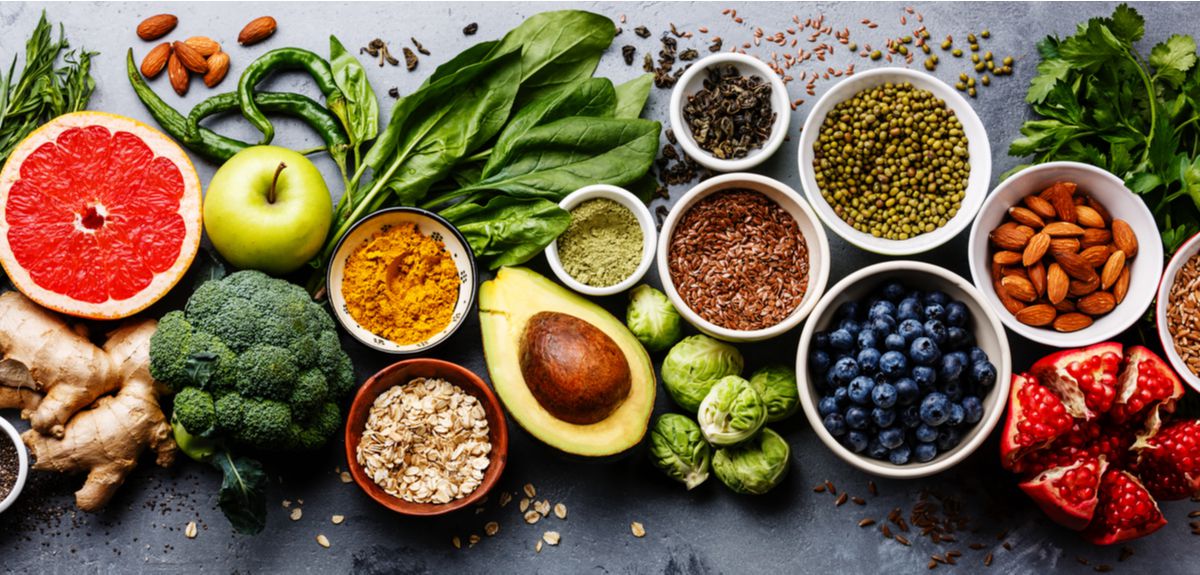
Leaving a smaller carbon imprint begins by what you put in your body first. Here are five tips to help you eat more sustainably and eat healthier too.
- Limit meat. Replacing one 3.5 ounce beef serving, one egg and a 1 ounce serving of cheese daily with produce, beans and whole grains spares the need for forty pounds of fertilizer each year and the dumping of 11,400 pounds of animal manure.
- Eat organic. Organic foods are grown naturally, without synthetic pesticides, artificial fertilizer, or ionizing radiation and are not genetically modified. Organic farming reduces pollution and conserves water and soil. And eating organic is now known to be beneficial regarding reducing diseases such as cancer and autoimmune disorders.
- Buy local. When you use locally grown ingredients you're supporting the agriculture and farmers, as well as the economy, of your community. You'll also reduce the amount of fossil fuels that are generated by transporting nonlocal ingredients from the food source to your supermarket.
- Eat seasonal. Eating seasonally based foods and dishes reduce the environmental impact of cross-country and international shipping. Plus, these foods are most fresh and therefore have the most nutritional value.
- Avoid the extra packaging. Whenever possible, choose minimally packaged food products, buy in bulk, bring your own containers, or look for products that are packaged with environmentally sensitive materials, such as recycled paper or bio-based plastic. You don't need all that petroleum-based plastic or Styrofoam, anyway. And, bring your own reusable totes to the market. (Most grocery markets will give you a cash rebate. Woot Woot!) Finally, be sure to reuse or recycle any packaging you do bring home with you.
